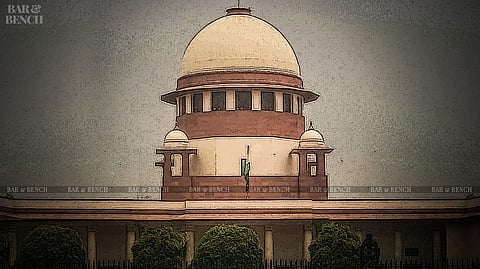
- News
- Columns
- Interviews
- Law Firms
- Apprentice Lawyer
- Legal Jobs
- हिंदी
- ಕನ್ನಡ

The Supreme Court today set aside a decision of a Division Bench of the Delhi High Court that had held Monsanto Technologies’ patent claim on its Bt cotton seed varieties to be unenforceable in India.